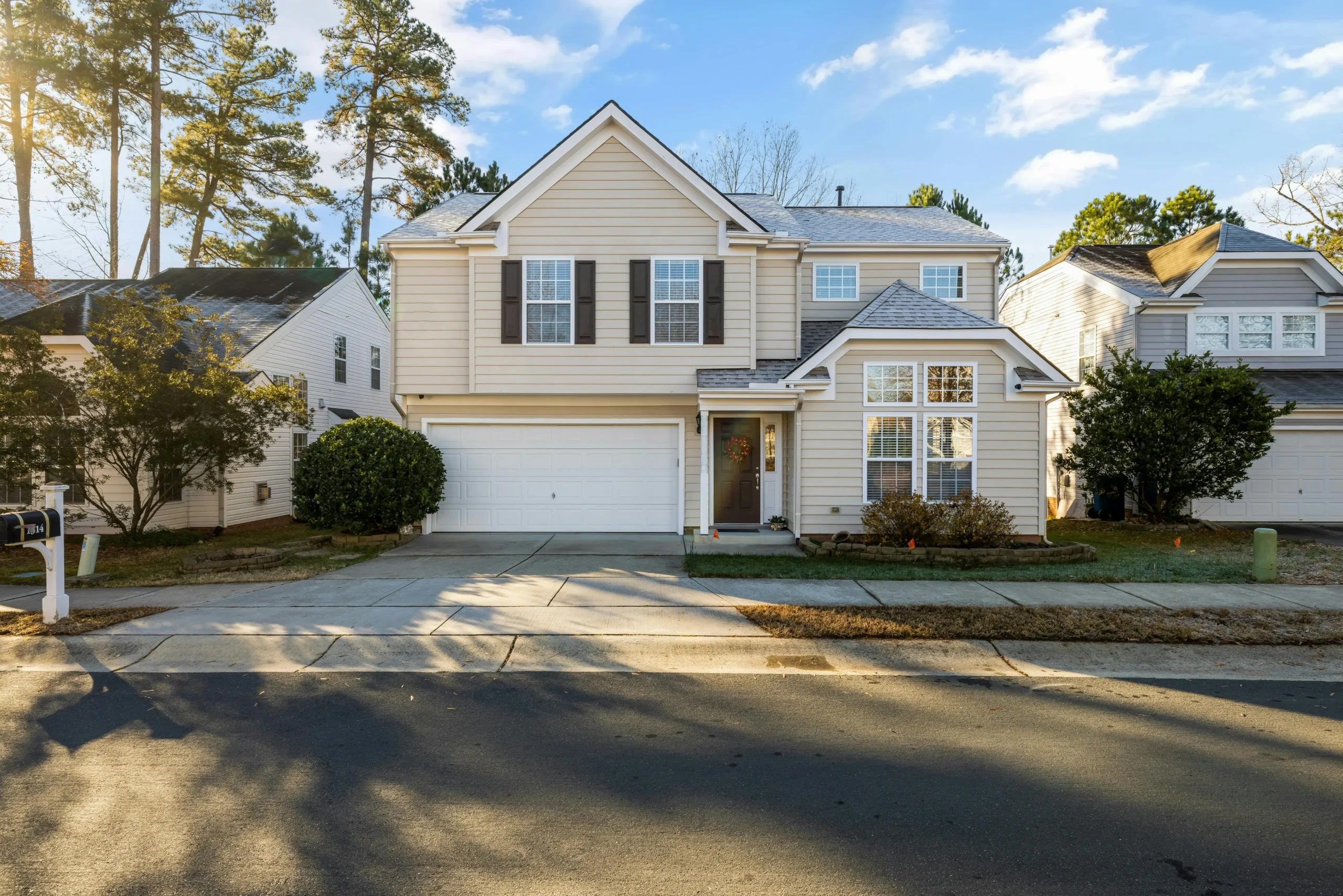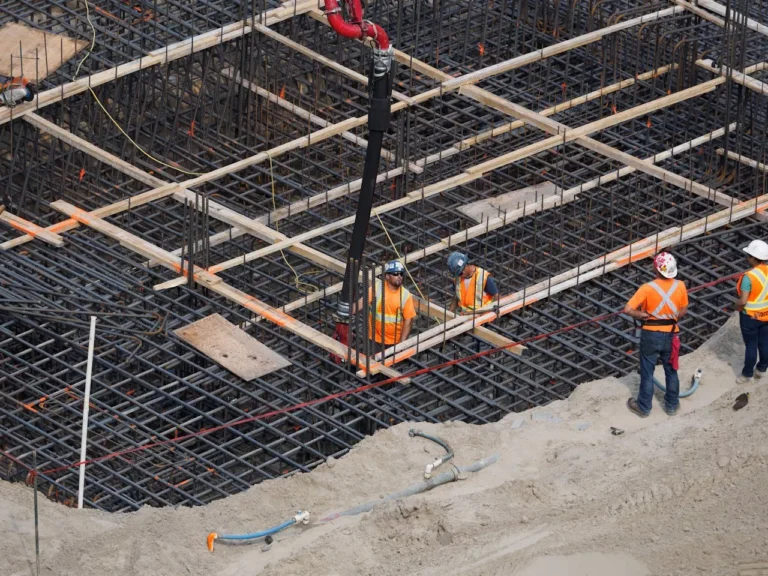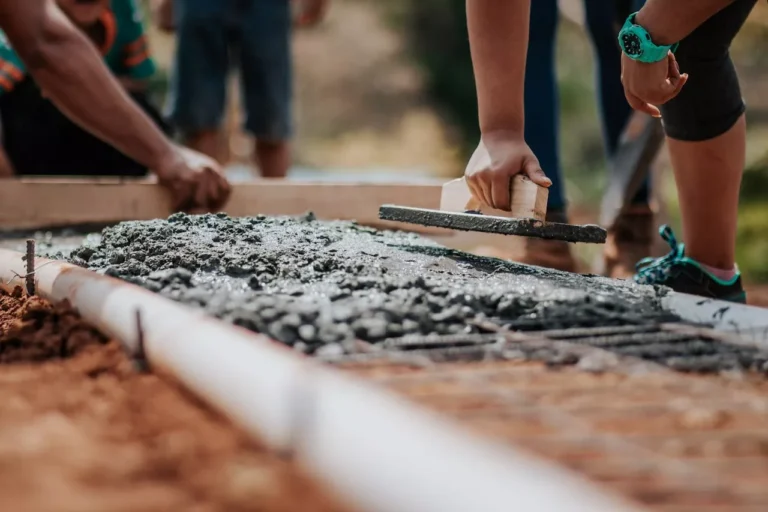
Rising ADU Demand Boosts Mesocore American Home Exports
As California and several other states accelerate incentives and streamline permitting processes for Accessory Dwelling Units (ADUs), the construction industry faces a pivotal opportunity to refine and expand the concept of a “world house.” ADUs are increasingly recognized as a key solution to address housing shortages, thanks to their compact yet efficient design, resilience against natural disasters, sustainable features with zero utility costs, and quick construction timelines. This convergence of benefits positions ADUs as both a local and global solution to the growing demand for affordable and sustainable housing.
The timing is particularly advantageous given the current U.S. administration’s focus on reducing the nation’s trade deficit and creating more competitive export markets. With the global single-family housing market valued at approximately $850 billion, the United States has significant untapped potential, currently contributing zero percent to global home exports. In contrast, the U.S. exports around 6% of the $2 trillion automotive market. While countries like China and Scandinavian nations are beginning to enter the modular housing market, logistical challenges related to global transport and delivery of complete homes remain a hurdle that few have effectively overcome.
Since 2008, Mesocore, a modular construction company based in Florida, has been pioneering innovative solutions in this sector. The company specializes in volumetric modular housing—where units are pre-assembled rather than flat-packed—allowing for faster deployment and easier installation. Mesocore has successfully delivered prototypes to regions in Africa, Central America, and the mainland United States, showcasing the adaptability and resilience of their designs. Central to their innovation is a patented delivery system that integrates modular factory production with a custom-built intermodal 20-foot container, which becomes a permanent part of the home’s structure.
This delivery system offers a significant logistical advantage. For final delivery, the unit’s size and weight allow it to be transported using a 37-foot straight truck equipped with a knuckle crane, which can easily maneuver through urban and rural environments. This system enables rapid installation, with the unit placed on a prepared pier foundation within hours. This streamlined process reduces both transportation costs and on-site labor requirements, making modular homes more accessible and affordable.

Mesocore is set to unveil its latest ADU model at the International Builders Show in Las Vegas, scheduled from February 25 to 28. Production is expected to commence later in the year, marking a significant step forward in both domestic and international markets. Alongside the ADU designed for the American market, Mesocore is developing a slightly larger unit specifically intended for export. Both models incorporate advanced technology to generate sufficient solar electricity, as well as systems to harvest, store, and purify water—features that align with global sustainability goals.
The dual focus on domestic and export markets provides Mesocore with a strategic platform to assess demand and optimize production processes. By manufacturing ADUs for the U.S. market while simultaneously exporting limited quantities, the company can evaluate logistical and regulatory challenges, ensuring that their designs meet the needs of diverse environments. The initial success of this approach is expected to open pathways for broader international expansion, particularly in regions with limited infrastructure, remote island communities, and developing nations.
To scale up production and meet growing demand, Mesocore is considering multiple expansion strategies. One option involves increasing the capacity of its existing U.S.-based factory to supply both domestic and international markets. Alternatively, the company may license its technology to foreign manufacturers, enabling localized production and reducing transportation costs. This licensing model could accelerate the adoption of sustainable modular housing worldwide, while also supporting economic development in partner countries.
The potential impact of this expansion extends beyond housing affordability. By integrating solar power and water purification systems, Mesocore’s ADUs can provide energy and clean water in regions where infrastructure is limited or unreliable. This self-sufficiency not only enhances residents’ quality of life but also reduces the environmental footprint of traditional construction methods. Moreover, the use of durable, low-maintenance materials ensures long-term cost savings and resilience against natural disasters, aligning with global efforts to promote climate-resilient infrastructure.
In addition to their practical benefits, ADUs are gaining popularity for their flexibility and versatility. Homeowners can use these units as rental properties, generating additional income and increasing the availability of affordable housing in urban areas. ADUs also serve as multigenerational living spaces, allowing families to accommodate aging relatives or young adults without the need for larger homes. This adaptability makes ADUs an attractive option in both densely populated cities and rural communities.
The growing acceptance of ADUs is supported by legislative changes aimed at reducing regulatory barriers and encouraging sustainable development. In California, for example, recent laws have simplified the permitting process and eliminated minimum lot size requirements, making it easier for homeowners to add ADUs to their properties. Similar initiatives are underway in other states, creating a favorable environment for the widespread adoption of modular housing solutions.
As Mesocore prepares to launch its new ADU models, the company is well-positioned to capitalize on these trends and establish a leading presence in both domestic and international markets. By combining innovative design, sustainable technology, and efficient delivery systems, Mesocore is not only addressing the current housing shortage but also paving the way for a more resilient and sustainable future. The upcoming showcase at the International Builders Show marks a pivotal moment in this journey, offering a glimpse into the future of modular housing and the transformative potential of ADUs.




